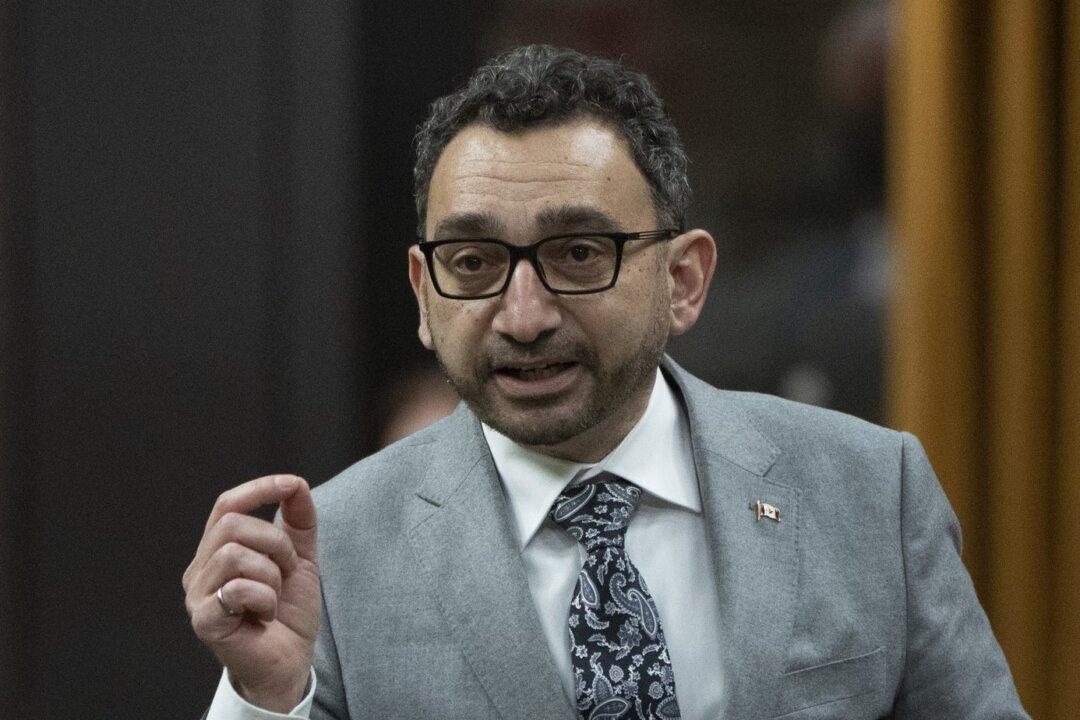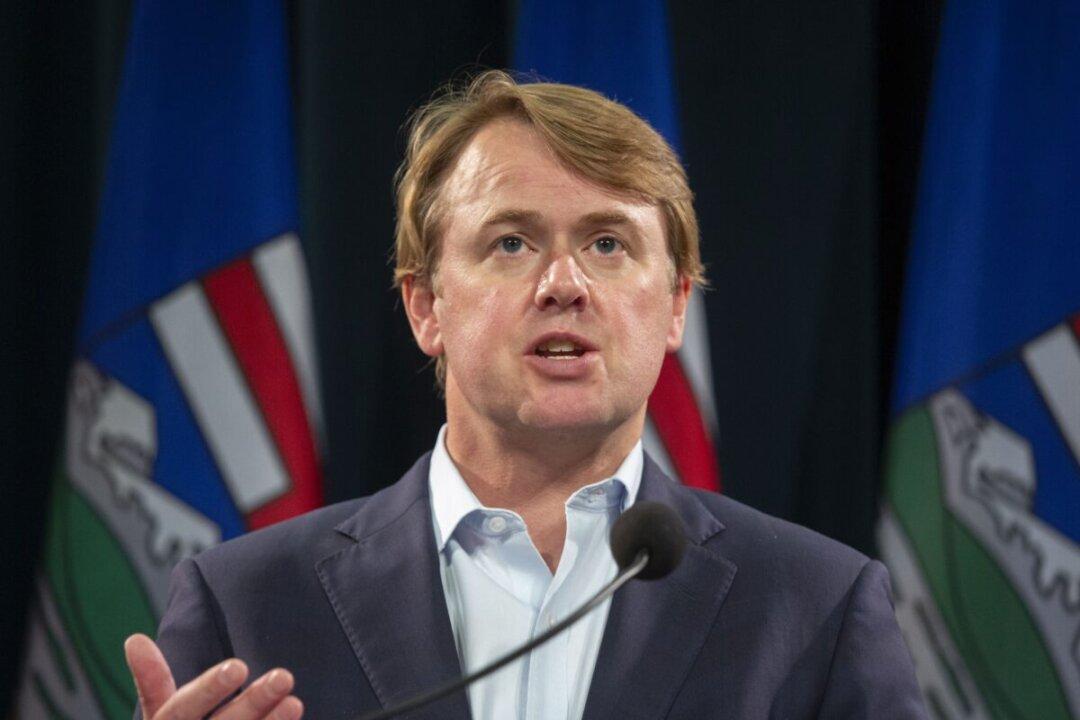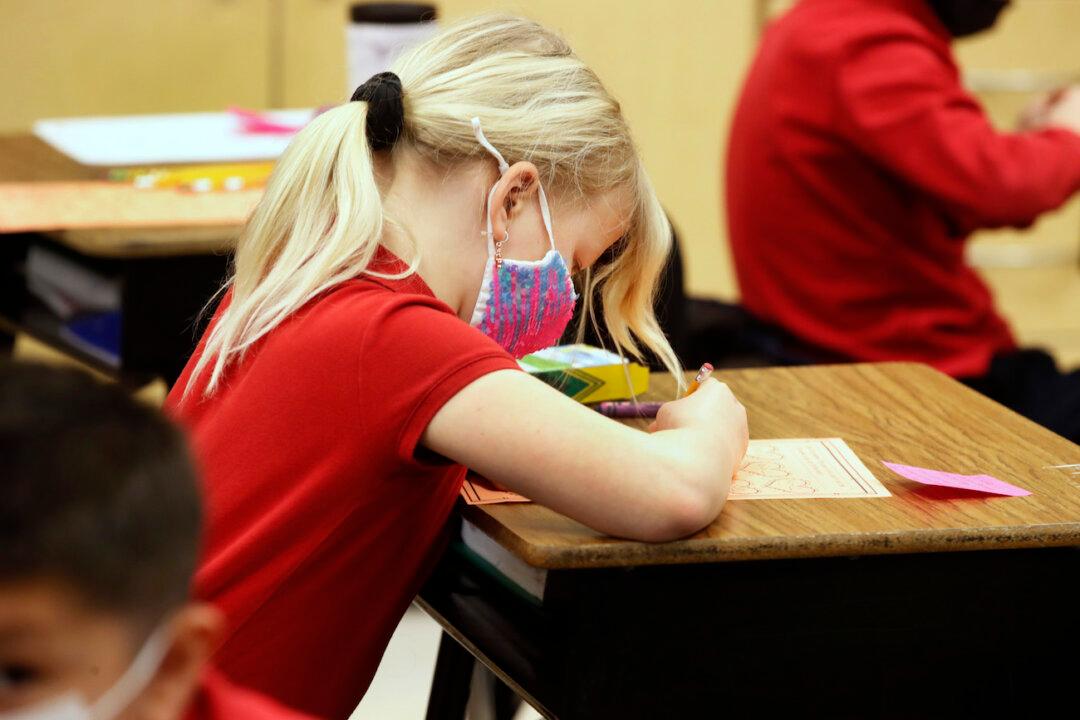Edmonton Police Service Chief Dale McFee is warning MPs that the federal government’s proposed handgun transfer “freeze” legislation could actually increase crime in the short-term.
McFee testified on Oct. 20 at the House of Commons Public Safety Committee which is studying Bill C-21, proposed legislation to further restrict access to handguns in Canada.





